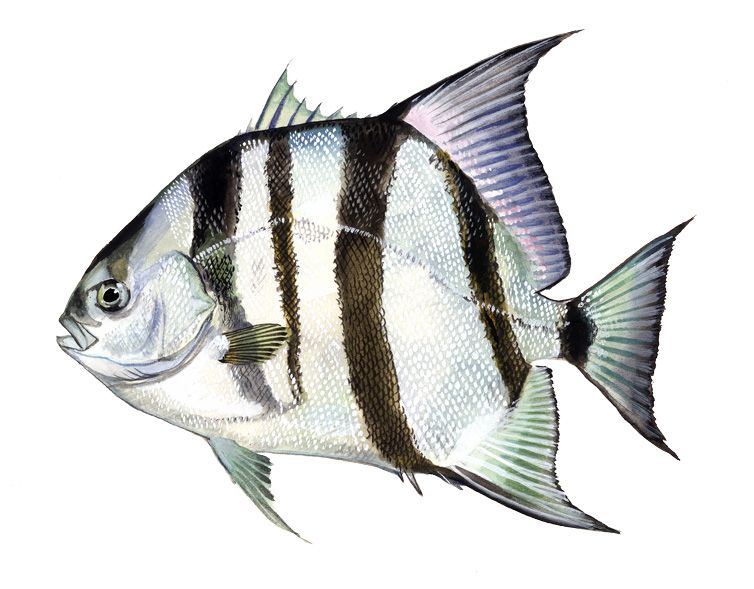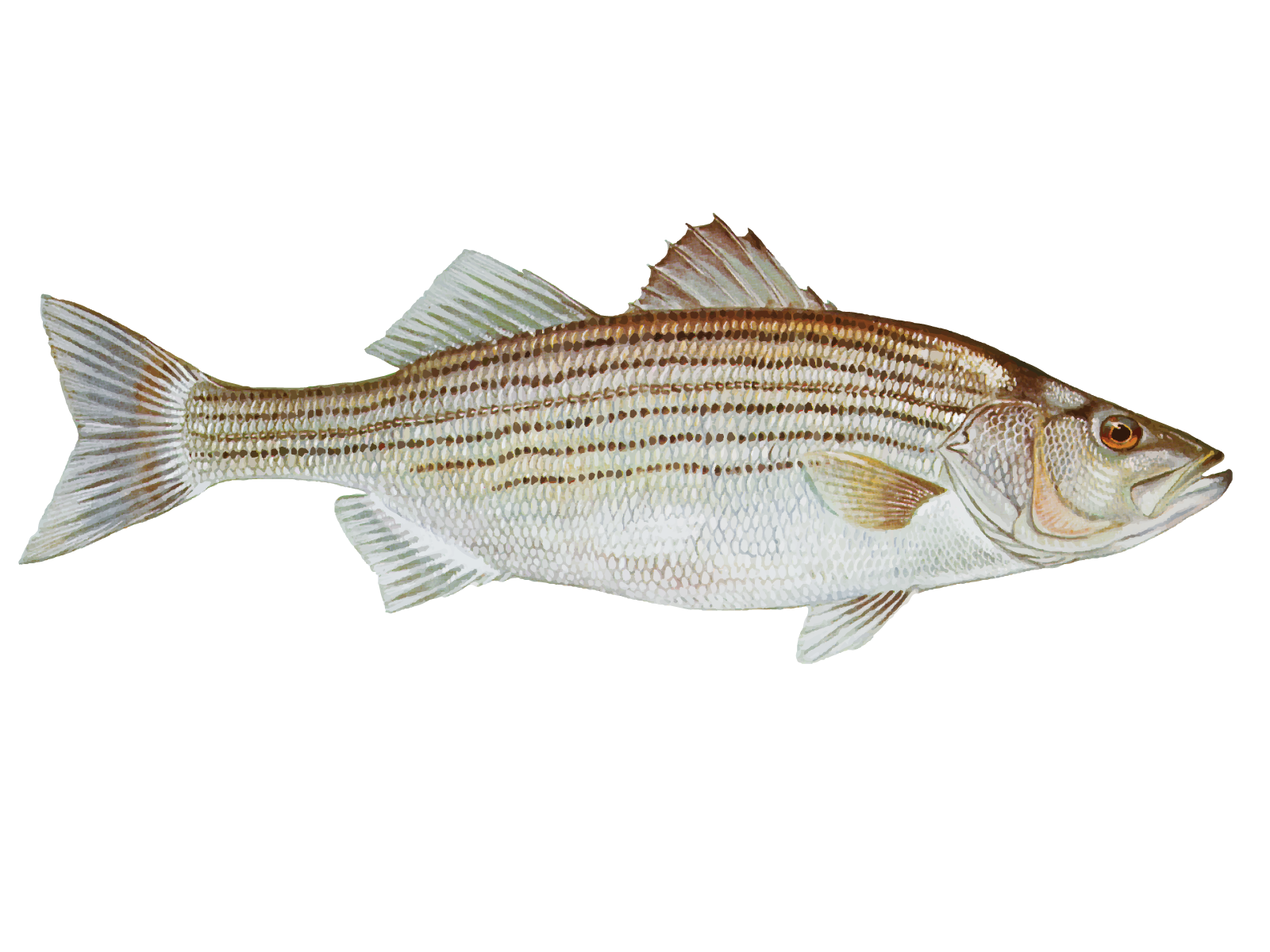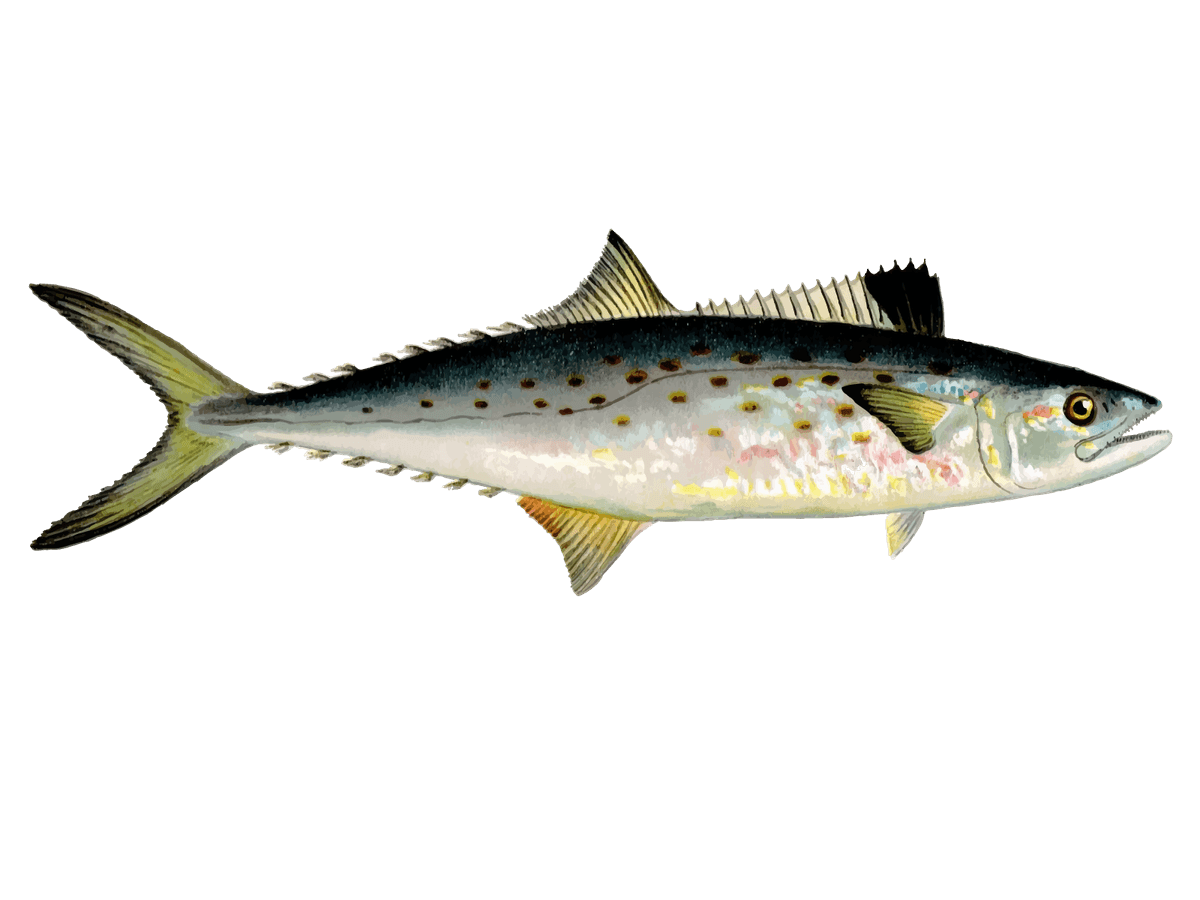//users/2694949b-df5a-42f8-bc78-13187d2b392a/ratecard/275481788_145919157895441_5258356997076553160_n.jpg)
%2Ffit-in%2F300x300%2Fusers%2F2694949b-df5a-42f8-bc78-13187d2b392a%2Fratecard%2F275481788_145919157895441_5258356997076553160_n.jpg&w=256&q=75)
%2F300x300%2Fusers%2F2694949b-df5a-42f8-bc78-13187d2b392a%2Fimages%2Fpicturesque-cape-charles-getaway-2643.jpg&w=256&q=75)
%2F300x300%2Fusers%2F2694949b-df5a-42f8-bc78-13187d2b392a%2Fimages%2Fmassive-cobia-catch-cape-charles-2692.jpg&w=256&q=75)
%2F300x300%2Fusers%2F2694949b-df5a-42f8-bc78-13187d2b392a%2Fimages%2Ffishing-adventure-cape-charles-2673.jpg&w=256&q=75)
%2F300x300%2Fusers%2F2694949b-df5a-42f8-bc78-13187d2b392a%2Fimages%2Fangler-fishing-va-2623.jpg&w=256&q=75)
%2F300x300%2Fusers%2F2694949b-df5a-42f8-bc78-13187d2b392a%2Fimages%2Fcobia-fishing-cape-charles-2510.jpg&w=256&q=75)
%2F300x300%2Fusers%2F2694949b-df5a-42f8-bc78-13187d2b392a%2Fimages%2Ffishing-adventure-virginia-2648.jpg&w=256&q=75)
%2F300x300%2Fusers%2F2694949b-df5a-42f8-bc78-13187d2b392a%2Fimages%2Famerican-eel-cape-charles-fishing-2666.jpg&w=256&q=75)
%2F300x300%2Fusers%2F2694949b-df5a-42f8-bc78-13187d2b392a%2Fimages%2Fcobia-cape-charles-fishing-2591.jpg&w=256&q=75)
%2F300x300%2Fusers%2F2694949b-df5a-42f8-bc78-13187d2b392a%2Fimages%2Ffishing-cape-charles-2709.jpg&w=256&q=75)
%2F300x300%2Fusers%2F2694949b-df5a-42f8-bc78-13187d2b392a%2Fimages%2Fscenic-virginia-landscape-2674.jpg&w=256&q=75)
Cape Charles Half-Day Inshore Fishing Adventure
What you will be catching:
 Black Drum
Black Drum Black Sea Bass
Black Sea Bass Bluefish
Bluefish Cobia
Cobia Redfish
Redfish Spadefish
Spadefish Spanish Mackerel
Spanish Mackerel Striped Bass
Striped Bass
Trip Pricing and Availabilities :
No trip pricing information available at this time.
Cape Charles: Prime Fishing in Chesapeake Bay
Ready to reel in some of the best fish Chesapeake Bay has to offer? Our Cape Charles fishing charters are the ticket to an action-packed morning on the water. Whether you're a seasoned angler or just getting your feet wet, Captain Greg knows all the honey holes where the fish are biting. We're talking stripers, reds, and a whole bunch more – all waiting for you just off the coast of Virginia Beach. Grab your crew (up to 6 can join) and let's hit the Bay for 4 hours of non-stop fishing fun!
What to Expect on the Water
Picture this: You're cruising out of Cape Charles as the sun's coming up, rod in hand, with the salty breeze in your face. Captain Greg's at the helm, sharing local knowledge and pointing out prime fishing spots. We've got all the gear you need – rods, reels, bait, and even your fishing license is covered. No need to sweat the details; we've got you set up for success. Whether you're bringing the kids for their first catch or looking to land that trophy fish, our trips are perfect for all skill levels. And let me tell you, there's nothing like the thrill of feeling that first tug on your line in Chesapeake Bay.
Top Catches This Season
Alright, let's talk fish. Chesapeake Bay is teeming with a variety of species, and we know just where to find them. We'll be targeting some real beauties – Striped Bass (we call 'em "rockfish" around here), hefty Black Drum, tasty Black Sea Bass, and the hard-fighting Redfish. Depending on the season, we might also hook into some Spadefish, Cobia, Spanish Mackerel, or Bluefish. Captain Greg's got the inside scoop on what's running and where they're biting. We'll use a mix of techniques – maybe some bottom fishing, trolling, or even sight casting if the conditions are right. It's all about adapting to what the fish are doing that day, and trust me, the captain's got it dialed in.
Why Anglers Keep Coming Back
Folks who fish with us tend to get hooked themselves – on the experience, that is. It's not just about the fish (though that's a big part of it). It's the whole package: the early morning light on the water, the camaraderie on the boat, the stories shared, and yeah, the bragging rights when you land a big one. Our trips are perfect for families looking to bond, friends celebrating, or solo anglers wanting to sharpen their skills. Plus, with Chesapeake Bay as your backdrop, you're in for some seriously scenic fishing. Many of our regulars say it's the highlight of their Cape Charles visit – and we aim to keep it that way.
Species You'll Want to Hook
Striped Bass (Rockfish): The crown jewel of Chesapeake Bay fishing. These guys are known for their distinctive horizontal stripes and can grow to impressive sizes. Spring and fall are prime times to target them, but you can find keeper-sized fish year-round. They're hard fighters and even better eating – a true bucket list fish for many anglers.
Redfish (Red Drum): With their copper-red color and distinctive spot near the tail, redfish are a sight to behold. They love shallow waters and put up a great fight on light tackle. Fall is fantastic for big bull reds, but we catch them throughout the warmer months. Their strong runs will test your drag and your stamina!
Black Sea Bass: Don't let their size fool you – these fish punch above their weight class. They're structure-loving bottom dwellers with a feisty attitude. We typically target them around wrecks and reefs. The meat is white, flaky, and delicious – perfect for a fresh fish dinner.
Black Drum: These cousins of the redfish can grow to monster sizes. We're talking potential for 50+ pounders! They're bottom feeders with a soft spot for crabs and clams. Spring is usually best for the big ones, but we catch them year-round. The smaller ones (under 20 pounds) are great eating.
Spadefish: With their distinct vertical bars, spadefish are a unique catch. They school up around structure and can be a blast on light tackle. They're seasonal visitors, usually showing up in late spring and sticking around through summer. Pound for pound, they're some of the strongest fighters in the Bay.
Cobia: These bruisers are the heavyweights of our summer fishing. They migrate into the Bay when the water warms up, usually late May through September. Sight-casting to cobia is an adrenaline-pumping experience – they can top 100 pounds and will test your gear and your arms.
Spanish Mackerel: Fast and flashy, Spanish mackerel are summer visitors that provide non-stop action when they're running. We often catch them while trolling, and their speedy runs are a thrill. They're also excellent eating, with a rich, oily flesh perfect for grilling.
Bluefish: The bullies of the Bay, bluefish are all attitude. They're voracious feeders and will hit just about anything that moves. We catch them throughout the warmer months, and their aggressive strikes and strong fights make them a favorite for many anglers. While they're not everyone's first choice for the table, proper handling makes for some good eating.
Time to Book Your Spot
So there you have it, folks – a morning of top-notch fishing in one of Virginia's best spots, all wrapped up in a 4-hour package. Whether you're after your personal best, want to introduce the kids to the joys of fishing, or just looking to wet a line and relax, our Cape Charles charters have got you covered. Remember, we provide all the gear and know-how – you just need to bring your sense of adventure (and maybe a camera for those "big fish" stories). The fish are biting, and Captain Greg is ready to put you on them. Don't let this chance for an awesome Chesapeake Bay fishing experience slip away. Give us a call, lock in your date, and get ready for some rod-bending action. See you on the water!
Learn more about the species
Black Drum
Black drum are the bulldogs of the bay. These big, whiskered fish can top 80 pounds, though 20-40 pounders are more common. You'll find them around oyster beds, bridge pilings, and channel edges. Spring is prime time as they move in to spawn. Drum fight doggedly, using their weight to resist coming to the boat. The smaller ones make good eating, with a flavor similar to red drum. For big ones, try a whole or half blue crab on a fish-finder rig. When you feel that distinctive thump, give them a second to take it before setting the hook. Patience is key - drum can be finicky, but the reward is worth it.

Black Sea Bass
Black sea bass are a favorite target for both eating and catching. These chunky fish typically run 1-5 pounds and hang around structure like wrecks, reefs, and bridge pilings. Spring through fall are prime seasons, with bigger fish moving offshore in winter. Sea bass are aggressive feeders and put up a scrappy fight on light tackle. The meat is white, flaky, and delicious. For consistent action, try anchoring up-current of structure and dropping squid or cut bait to the bottom. A two-hook bottom rig works well. Keep an eye on your line - when you feel the telltale tap-tap, set the hook quick before they retreat to their hidey-hole!

Bluefish
Bluefish are the bad boys of the bay - aggressive, toothy, and always ready to bite. These choppers average 2-5 pounds but can reach over 20. You'll find them chasing bait throughout the bay, often creating frenzies at the surface. Blues fight dirty, slashing at lines and lures. While not everyone's favorite for eating, they can be good smoked. To catch them, look for birds working over bait schools and cast metal lures or topwater plugs into the fray. Wire leaders are a must to prevent cutoffs. When blues are around, the action is often fast and furious. Just watch your fingers - those teeth are no joke!

Cobia
Cobia are one of the most prized catches in the Chesapeake. These powerful fish average 20-40 pounds but can top 100. Look for them around buoys, channel markers, and other structure from late spring through summer. Cobia are curious fish and will often swim right up to the boat. They fight like freight trains when hooked, making blistering runs. The firm, white meat is excellent eating. To target them, slow-troll live eels or large bucktail jigs around structure. Keep your eyes peeled - you'll often spot them cruising near the surface before they see you. A quick cast in front of a cobia can trigger an explosive strike.

Redfish
Redfish are a blast to catch in the shallows around Cape Charles. These copper-colored bruisers usually run 3-10 pounds but can top 40. Look for them tailing in water as shallow as a foot deep, especially over grass flats and oyster bars. Fall is prime time as reds school up to feed. They put up a great fight on light tackle and make excellent table fare. Sight-fishing for tailing reds is incredibly exciting - you'll see that trademark spot near the tail before you cast. Try a gold spoon or scented soft plastic on a jighead. Move slowly and quietly for your best shot at fooling these wary fish.

Spadefish
Spadefish are an oddball species that's a blast to catch. These disk-shaped fish usually run 2-5 pounds and school up around structure like buoys, pilings, and wrecks. Summer is prime time to target them. Spades are strong fighters for their size and can be finicky biters. Anglers love the challenge of tempting these picky eaters. The meat is good eating too, similar to triggerfish. For best results, chum with small pieces of clam to get them fired up. Then drop down a small piece on a light wire hook. When you see that silvery flash, get ready - they'll try to dive back to structure when hooked!

Spanish Mackerel
Spanish mackerel are speedsters that provide fast action in the bay. These sleek fish usually run 2-4 pounds and travel in schools, chasing bait near the surface. Late summer and fall are prime seasons as they migrate. Macks fight above their weight class, making sizzling runs when hooked. They're also prized for their oily, flavorful meat. To catch them, troll small spoons or Clark spoons behind planers at 5-7 knots. Watch for diving birds - that's often a sign of feeding mackerel below. Once you find a school, you can often catch them one after another. Just be careful of those razor-sharp teeth when unhooking!

Striped Bass
Striped bass are a true Chesapeake Bay icon. These powerful fish typically range from 5-30 pounds but can grow over 50. You'll find them cruising structure like oyster reefs, channel edges, and bridge pilings. Spring and fall are prime seasons as stripers migrate. Anglers love their hard-fighting spirit - when a big one hits, hold on tight! The meat is mild and flaky, great for grilling. Try live-lining spot or eels to entice the biggest bass. Just remember, circle hooks are required to protect released fish. With some patience and the right presentation, you've got a good shot at landing a trophy striper right here in the bay.

About the Hateras (Flybridge)
%2F%2Fusers%2F2694949b-df5a-42f8-bc78-13187d2b392a%2Fboat_picture%2F275781484_3139287716304828_2089746835297394061_n.jpg&w=1200&q=75)
Vehicle Guest Capacity: 6
Manufacturer Name: Catepillar
Maximum Cruising Speed: 25
Number of Engines: 2
Horsepower per Engine: 567
Ready for some morning fun on the water? Join Captain Greg for a 4-hour fishing trip in beautiful Cape Charles, Virginia. This Chesapeake Bay adventure is perfect for families and newcomers to fishing. You'll cruise to the best spots to catch a variety of fish, including Black Drum, Sea Bass, Bluefish, Cobia, Redfish, Spadefish, Spanish Mackerel, and Striped Bass. No need to worry about gear or licenses - it's all included in your package. With room for up to 6 guests, it's a great way to spend time with family and friends while enjoying the scenic waters of Virginia Beach. Whether you're looking to reel in a big catch or just soak up the coastal atmosphere, this Cape Charles fishing charter offers something for everyone. Don't forget your camera to capture those proud moments with your catch!
%2Ffit-in%2F250x250%2Fguide_websites%2F5710%2Fimages%2Fearningstripessportfishing.png&w=1200&q=100)


%2Ffilters%3Aformat(webp)%2Fusers%2F2694949b-df5a-42f8-bc78-13187d2b392a%2Fimages%2Famerican-eel-cape-charles-fishing-2666.jpg&w=768&q=75)
%2Ffilters%3Aformat(webp)%2Fusers%2F2694949b-df5a-42f8-bc78-13187d2b392a%2Fimages%2Fcobia-cape-charles-fishing-2591.jpg&w=768&q=75)
%2Ffilters%3Aformat(webp)%2Fusers%2F2694949b-df5a-42f8-bc78-13187d2b392a%2Fimages%2Ffishing-cape-charles-2709.jpg&w=768&q=75)
%2Ffilters%3Aformat(webp)%2Fusers%2F2694949b-df5a-42f8-bc78-13187d2b392a%2Fimages%2Fscenic-virginia-landscape-2674.jpg&w=768&q=75)
%2Ffilters%3Aformat(webp)%2Fusers%2F2694949b-df5a-42f8-bc78-13187d2b392a%2Fimages%2Fpicturesque-cape-charles-getaway-2643.jpg&w=768&q=75)
%2Ffilters%3Aformat(webp)%2Fusers%2F2694949b-df5a-42f8-bc78-13187d2b392a%2Fimages%2Fmassive-cobia-catch-cape-charles-2692.jpg&w=768&q=75)
%2Ffilters%3Aformat(webp)%2Fusers%2F2694949b-df5a-42f8-bc78-13187d2b392a%2Fimages%2Ffishing-adventure-cape-charles-2673.jpg&w=768&q=75)
%2Ffilters%3Aformat(webp)%2Fusers%2F2694949b-df5a-42f8-bc78-13187d2b392a%2Fimages%2Fangler-fishing-va-2623.jpg&w=768&q=75)
%2Ffilters%3Aformat(webp)%2Fusers%2F2694949b-df5a-42f8-bc78-13187d2b392a%2Fimages%2Fcobia-fishing-cape-charles-2510.jpg&w=768&q=75)
%2Ffilters%3Aformat(webp)%2Fusers%2F2694949b-df5a-42f8-bc78-13187d2b392a%2Fimages%2Ffishing-adventure-virginia-2648.jpg&w=768&q=75)
